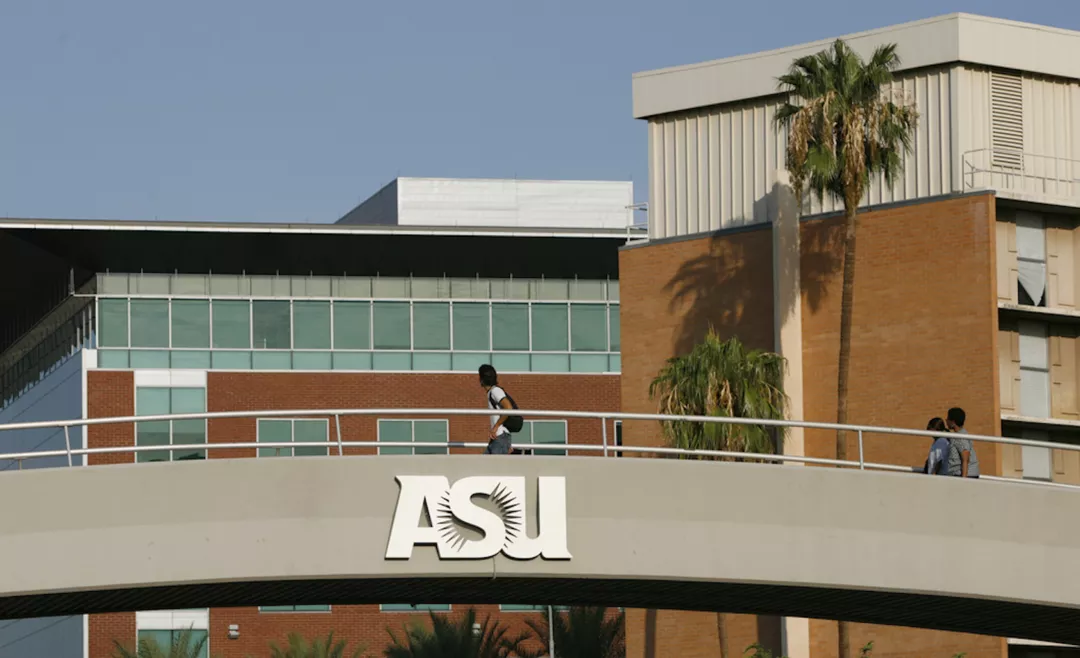-
hello@abroadcube.com
Mail us
-
Call For Help:
98779 83783
-
Whatsapp Us
70090 34921
The Walter Cronkite School of Journalism and Mass Communication's MMC degree program uses the teaching hospital model to immerse students in the practices of journalism and strategic communications and prepares them for careers in today's rapidly evolving media industry.
This 36 credit hour program begins with a multimedia boot camp, teaching students how to report and produce stories with text, photo, video and audio elements. In the second semester, students can dive deeper into a selection of advanced courses, such as those focused on narrative writing, podcasting, advanced broadcast production, documentary production, health reporting, Spanish-language news, transborder coverage, strategic communications and digital entrepreneurship.
The program culminates in a professional immersion experience in one of the Cronkite School's strategic communication labs or news bureaus in Los Angeles, Phoenix or Washington, D.C. Working under the guidance of award-winning journalists and strategists, these capstone programs offer real-world experience in a professional news or agency environment.
| Level | Masters |
| Discipline | Fine Arts |
| Duration | 12 months |
| Intakes | Jan, Sep |
| Application Fees | USD 0 |
| Tuition Fees | USD 35280 |
| Campus | Downtown Phoenix |
| Language proficiency (minimum) | |
| IELTS | Not Required / Waiver |
|---|---|
| TOEFL | 100 |
| PTE | Not Required / Waiver |
| Duolingo | Not Required / Waiver |
| Exam proficiency (minimum) | |
| SAT | Not Required / Waiver |
|---|---|
| ACT | Not Required / Waiver |
| GRE | Not Required / Waiver |
| GMAT | Not Required / Waiver |
Minimum GPA - 77%
QS Quacquarelli Symonds is the world’s leading provider of services, analytics, and insight to the global higher education sector, whose mission is to enable motivated people anywhere in the world to fulfil their potential through educational achievement, international mobility, and career development.
THE (Times Higher Education) has been providing trusted performance data on universities for students and their families, academics, university leaders, governments and industry, since 2004. We create university rankings to assess university performance on the global stage and to provide a resource for readers to understand the different missions and successes of higher education institutions.
The Academic Ranking of World Universities (ARWU) was first published in June 2003 by the Center for World-Class Universities (CWCU), Graduate School of Education (formerly the Institute of Higher Education) of Shanghai Jiao Tong University, China, and updated on an annual basis
The "Webometrics Ranking of World Universities" is an initiative of the Cybermetrics Lab, a research group belonging to the Consejo Superior de Investigaciones Científicas (CSIC), the largest public research body in Spain. CSIC is among the first basic research organizations in Europe. The CSIC consisted in 2006 of 126 centers and institutes distributed throughout Spain.





